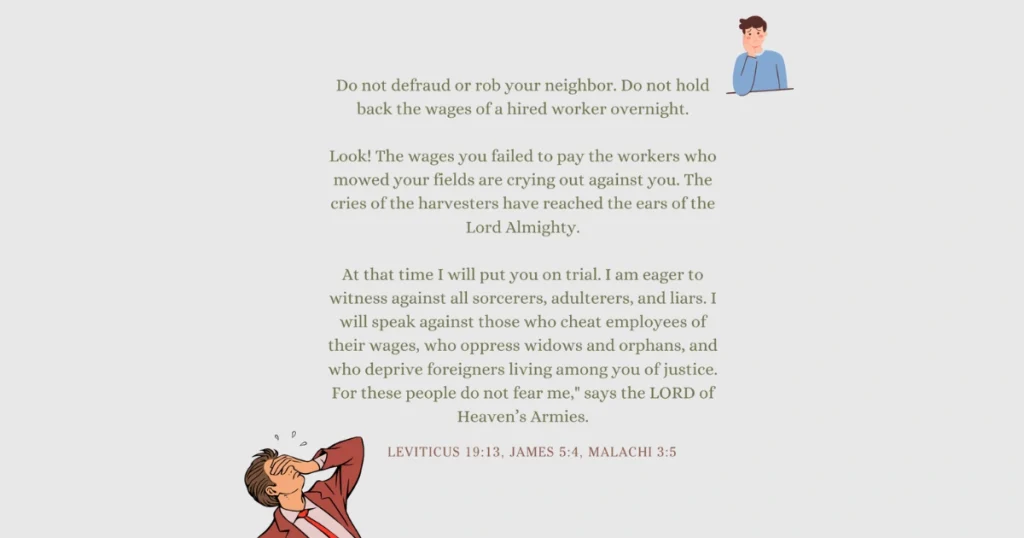"Whatever is not done in faith is sin. (Romans 14:23)
“But a poor widow came and put in two very small copper coins, worth only a few cents. Calling his disciples to him, Jesus said, “Truly I tell you, this poor widow has put more into the treasury than all the others.”They all gave out of their wealth; but she, out of her poverty, put in everything, all she had to live on.” (Mark 12:42-44)
Have you ever carefully prepared a gift for someone dear to you, maybe even a servant of God, only to second guess it at the moment of giving? Suddenly, it seems so small, almost insignificant.
I think we’ve all been there. You look at the person receiving the gift, see all they have, and your heart sinks. You think to yourself: What difference can my little gift possibly make?
But God does not measure gifts the way we do. When Jesus watched the widow drop her two small coins into the temple treasury, He said: “Truly I tell you, this poor widow has put more into the treasury than all the others'” Why? Because she gave from her heart, in faith, and with trust in God.
What truly sets a gift apart is not its size or quantity but the heart behind it. A gift given in love carries more weight than one given out of obligation.
What many people don’t realize is that God weighs our gifts in proportion to what we have. The most important factor is not the amount but the sacrifice. This was the key difference between Abel’s offering and Cain’s. Abel gave in faith and honor, while Cain merely gave (Genesis 4:3 5, Hebrews 11:4).
When God instructed His people on offerings, He asked for the best of what they had not all they had (Leviticus 22:20 22). It was never about stripping them of their possessions but about teaching them to honour Him with their substance. True giving is an act of worship. When we give God our best whether in resources, time, or service we acknowledge that He is our source and provider and that we value Him enough to give Him our best.
When God commanded His people to observe the sacred Festivals, He instructed them through Moses to give in proportion to what they had. Deuteronomy 16:17 says: “Every man shall give as he is able, according to the blessing of the LORD your God which He has given you.”
In Exodus 35:4-29, some brought gold, others silver, fine linen, or acacia wood for the building of the Tabernacle, but each gave according to what they had. Their contributions, though different in material and size, were equally valuable before God because they were given willingly and in obedience.
This means that the one who gave a single piece of purple linen from his little and the one who gave a thousand pieces from his abundance both gave the same in God’s eyes. Their offerings were not measured by quantity but by the heart and willingness behind them.
As a wife and mom, I have come to realize that the principle of giving your best doesn’t just apply to our physical substance but also to our time and energy. In learning to give my husband and children the best of my time and attention, I have come to understand how much God values the sacrifice of our time, the best of our time, not just the leftovers.
This is also why an hour-long visit to a friend or loved one means so much, especially in a boisterous city where everything is fast-paced and traffic feels like a plague. You recognize the sacrifice the person made to drive or transport themselves all the way to your house just to say hi.
I remember when I had my first son, a friend came to spend a month at my house. It was sincerely the best gift I received during that period. Ironically, before she came, she said something along the lines of, “I don’t have any money to give you babe, but I can come and help out“, yet her coming was exactly what I needed. It was more precious to me than even the physical gifts I received because I understood the sacrifice behind it, not to mention the ease and comfort she brought into my life that month.
This is what makes an hour, two, three, or even twelve with God so special. In a time when people barely have time for themselves, setting aside twelve hours to be with God, in the midst of work, school, and countless responsibilities, is a worthy sacrifice to Him.
Giving in Faith: A Matter of Obedience
When giving a gift to God or anyone, what truly matters to God is not the size of the gift but that it is acceptable before Him. He is the One who records every act of giving and rewards those who give in obedience (2 Corinthians 9:7, Hebrews 6:10). The real danger is in holding back the best and offering what costs nothing or giving reluctantly (Malachi 1:8, 2 Samuel 24:24).
Faith is what makes a gift acceptable. Without faith, no matter how grand a gift may seem, it does not truly please God. “Whatever is not done in faith is sin” (Romans 14:23). This means that when we give, it must be done in faith, with confidence and sincerity, not out of reluctance or pressure.
To the natural eye, the widow’s two small coins seemed insignificant compared to the large sums given by others. But Jesus saw differently: “Truly I tell you, this poor widow has put more into the treasury than all the others” (Mark 12:43). He weighed her offering by what she gave from and faith. Others gave out of their surplus; she gave all she had.
This teaches us that in God’s eyes, it’s not just about the size or quality of what we give, but the faith, trust, and sacrifice behind it. So, if a man gives 1,000 naira out of 1,500, he has given far more in God’s eyes than someone who gives 5,000 out of a million. His sacrifice carries greater weight because he gave from his little, while the other gave from an abundance that hardly cost him anything.
However, this does not mean we should go about recklessly emptying our pockets just to prove a point. The heart of this message is that we should never despise our gifts, no matter how small they seem. What truly matters is that our giving is done in faith, with a sincere heart.
God’s Way of Provision: The Widow of Zarephath
Isn’t it amazing that when God wanted to provide for His servant Elijah, He didn’t send him to a wealthy family? Instead, He sent him to a poor widow one who was preparing her last meal for herself and her child (1 Kings 17:8 16). Of all the people in that land, God chose someone with barely anything left.
Yet, despite her dire situation, the widow obeyed in faith. She used what little she had to prepare food for the prophet, not knowing she was, in reality, giving to God Himself. “Whoever is kind to the poor lends to the Lord, and He will reward them for what they have done” (Proverbs 19:17). Because she gave in faith, her small portion became the most valuable meal in that town. God took what she offered and multiplied it, ensuring that she and her household were sustained throughout the famine.
This is why, whenever I notice someone feeling uneasy about a gift they have for me, I embrace them, reassure them of how much it means to me, and remind them that no gift is ever too small when given from the heart.
The Ultimate Sacrifice: God’s Example
This principle of sacrificial giving finds its highest expression in Abraham’s offering of Isaac. Though he did not physically slay his son, in his heart, Isaac was already slain. Abraham’s willingness to surrender his only son was as good as the actual sacrifice. And that is what mattered to God. He does not look at the things people look at. People look at the outward appearance of things or people, but the Lord looks at the heart. (1 Samuel 16:7).
Abraham’s sacrifice was especially significant because he was offering not one out of many sons, but his only one, the son of promise. Just like the widow in the temple who gave all she had, Abraham gave his all.
God Himself later demonstrated this same principle by giving us His only begotten Son, not one out of many, but His only one (John 3:16). The highest form of giving is not measured by quantity but by the depth of sacrifice and the love behind it.
True Giving: A Heart That Trusts God
The widow’s mite, Abraham’s sacrifice, and even God’s own gift of Jesus show us that generosity is not about the amount but about faith, obedience, and a heart that trusts God.
So no matter how small your gift seems, when it is given in love and honour, God receives it as valuable.
Your focus should never be solely on the person receiving the gift, but on God the One who sees, weighs, and rewards accordingly. Even if others have much to give and all you have is a little, give it gladly and with faith in your heart, knowing that your offering is really to God.
My people would say: ‘give it with your full chest‘.






